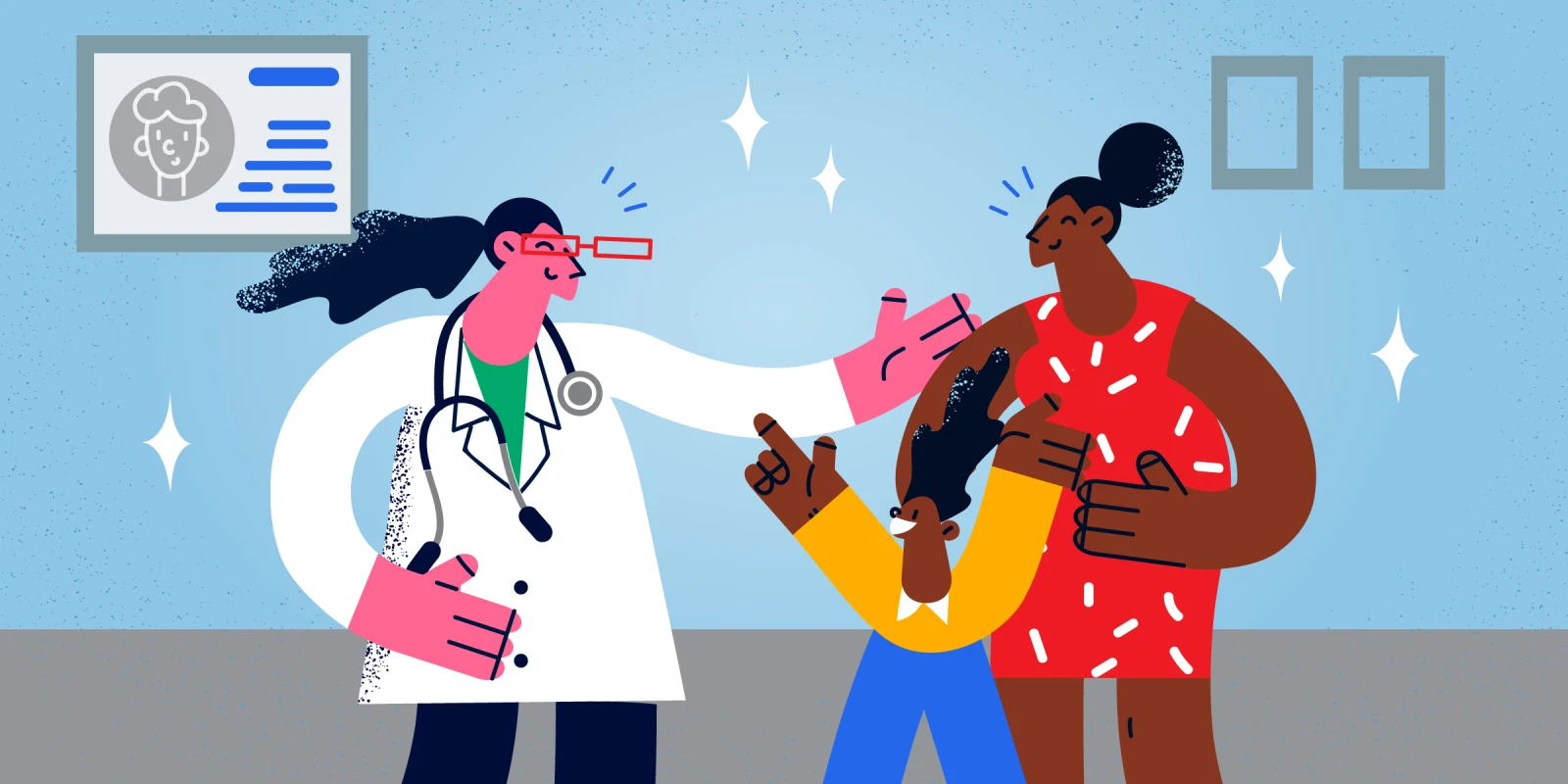Physician burnout is a significant concern within the medical community, impacting doctors, patients, and health care systems. The factors leading to burnout are well described. Long working hours, increasing administrative burdens, lack of work-life balance, pressure to meet productivity targets, personal tendency toward perfectionism, high-stress work environments, limited control over work, lack of support and recognition the emotional toll of patient care, and difficult decision-making all contribute.
Like so many other physicians, I have experienced burnout firsthand. And when I began to address it, I uncovered a fundamental belief shared by doctors and patients alike, a belief that was unknowingly contributing to my burnout. It was the idea that it was my job to "fix" my patient's problems. While it sounds logical, this fixing mentality fails to consider the limitations of medical knowledge, human fallibility, and the element of chance.
As a pediatric subspecialist, I once had a parent tell me that he could not believe our society could send a man to the moon, but we didn’t know what caused certain diseases or how to eradicate them. But that is the reality. In my clinical work, I saw patients with symptoms without any discernible cause; I diagnosed diseases that I could not prevent or cure. And I cared for patients with medical conditions for which I could not offer any effective treatment at all.
Despite my best efforts, I occasionally made mistakes in diagnosis or treatment recommendations. And while my tendency was to always believe that my patients were doing their best, they didn’t always follow my medical advice. They did not adhere strictly to recommended treatment plans. They struggled to implement behavior changes, just like the rest of us. No matter what I did, my patients' outcomes were also dependent on their actions.
Even when I provided the highest quality care and my patients and their families were highly motivated and followed treatment recommendations to the letter, a treatment that should have worked sometimes didn’t. The most proven and effective treatments sometimes fail, for reasons beyond anyone's knowledge or control. Patient outcomes involve an element of chance. That’s just how it is.
It’s true, our progress in scientific knowledge and technology has advanced tremendously. Unfortunately, this progress seems to have created a paradigm shift in health care, from viewing doctors as helpers to expecting them to "fix" all ailments. This oversimplified perspective fails to acknowledge the complexity of human health and behavior and the potential limitations of medical interventions.
The fixing mentality took its toll on me. When I believed my primary role was to fix my patient, there was only one way I could achieve success. If my patient didn’t have a good outcome, I experienced self-doubt, guilt, and frustration. Those emotions often distracted from objectively evaluating my performance, identifying areas for improvement, and acknowledging all the things I had done well in caring for my patient.
And it was detrimental to my patients as well. If they expected me to fix their problem, they might inadvertently relinquish their own role in the healing process. They might fail to take responsibility for adhering to treatment recommendations, implementing beneficial lifestyle changes, and advocating for their own needs.
When I first became a life coach, I was struck by the difference between the coach-client relationship and the doctor-patient model. I was taught that a coach is not responsible for a client’s outcome. The coach guides and supports their client and helps them identify and implement solutions that will ultimately lead to the client’s desired outcome. But the client is the one who makes it happen.
I began to wonder what would happen if I redefined my role as a doctor and began to focus on collaborating with my patients instead of simply fixing their problems. I decided my role was to make a diagnosis, share my treatment recommendations, and finally, to support my patient, within the context of what was important to them.
I stopped holding myself accountable for my patients’ outcomes. Instead, I held myself accountable for the care and support I provided. I maintained high expectations of myself and did my job to the best of my abilities. But I accepted that I could not control what my patients chose to do or not do, and ultimately, I did not control their outcomes.
Redefining my role changed the way I practiced medicine. I began to connect more with my patients. I was more intent on encouraging them to actively participate in their care and advocate for their needs. I empowered them to take ownership of their well-being. And in doing so, I learned that patients didn’t always value what I might consider to be the best outcome.
My new approach helped lighten the emotional burden of my job. I began to experience more joy, confidence, and a greater sense of purpose and fulfillment in my work. And I experienced less stress and burnout. Acknowledging the unspoken expectation to fix my patients, and instead adopting a more supportive, collaborative approach had a significant impact on my work and my overall well-being.
We can better address physician burnout by acknowledging the complexity of human health and behavior, and the limitations of medical interventions. The expectation for doctors to "fix" problems oversimplifies medical care and contributes to burnout. Shifting to a more collaborative approach, where doctors support and guide patients while acknowledging their own limitations, and patients take personal responsibility for their own well-being, can help ease the heavy emotional burden many doctors experience.
Do you hold yourself more accountable for patient outcomes, or for your treatment and support?
Natalya Gaffney, MD is a pediatric rheumatologist, physician life coach, and founder of Amazing MD Life. She helps health care providers create more joy and fulfillment in their professional and personal lives through one-on-one coaching. You can find more articles by Dr. Gaffney on LinkedIn.
Image by Alphavector / Shutterstock







